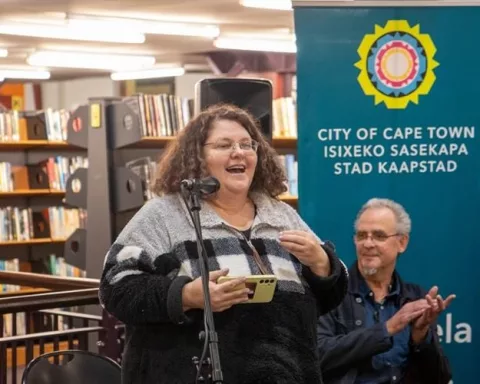The 7th Global Environment Facility (GEF) Assembly, held in Vancouver, Canada from August 23rd to 25th, 2023, provided a unique opportunity for nations to collaborate on solutions for a sustainable future amidst the triple threat of climate change, biodiversity loss, and pollution.
The GEF Assembly and its Purpose
The GEF, established in 1992, is an international cooperative partnership that aims to address global environmental issues and promote sustainable development. The GEF Assembly, comprising all 185 member countries, convenes every three to four years at a ministerial level to review general policies, evaluate GEF operations, and approve amendments to the Instrument for the Establishment of the Restructured GEF.
Minister Creecy’s Dual Role and Contributions
South African Minister of Forestry, Fisheries, and the Environment, Ms. Barbara Creecy, participated in the assembly with a dual role – as both a recipient and contributor. She emphasized the need for a unified approach toward environmental stewardship in a panel discussion titled “Solutions for a Healthy Planet: Responsible, Inclusive, and Transformative Governance.”
Key Developments from the Assembly
The assembly featured high-level sessions, roundtables, side events, workshops, and networking opportunities, fostering discussion on essential environmental topics. One significant development is the launch of the Global Biodiversity Framework Fund, approved by the GEF Council. Minister Creecy urged developed countries to uphold their commitments to the fund, citing the Rio Principles and the principle of Common but Differentiated Responsibilities (CBDR).
Importance of Funding and Transformative Governance
The assembly showcased the significance of funding when addressing environmental challenges. Adequate financial support remains crucial for the successful implementation of sustainable policies and projects. The Global Biodiversity Framework Fund exemplifies the potential for global cooperation in providing resources for meaningful, measurable environmental initiatives.
Lastly, the assembly highlighted the potential for transformative governance in promoting sustainable development. By engaging diverse stakeholders and fostering dialogue on key environmental issues, the GEF Assembly demonstrates the potential for government, private sector, and civil society actors to work together toward a sustainable future.
In summary, the 7th Global Environment Facility Assembly served as a crucial platform for facilitating collaboration, fostering dialogue, and promoting a more sustainable future for all. It underscores the importance of international cooperation, adequate funding, and transformative governance in addressing the world’s most pressing environmental challenges. As the global community continues to confront the realities of climate change, biodiversity loss, and pollution, events like the GEF Assembly are instrumental in finding solutions for a shared, sustainable future.








